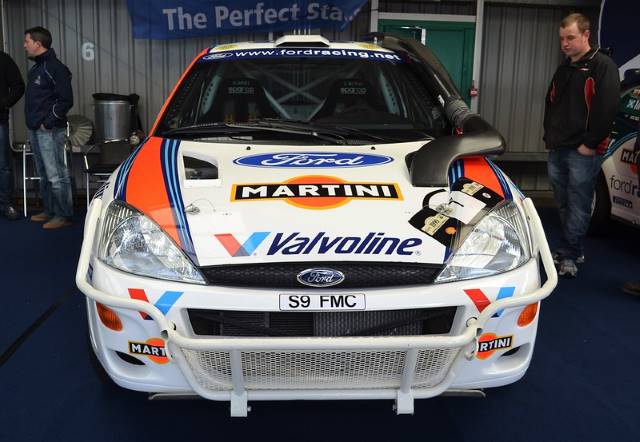The 2021 Safari Rally Can Help Kenya’s Economy
 The Kenyan Safari Rally is a car racing event “first held in Kenya in 1953 to commemorate the coronation of Britain’s Queen Elizabeth II.” The Safari Rally became inactive for almost 20 years “due to concerns over safety, organization and finances.” Now, in 2021, the car racing event is making a comeback in Kenya. The event may be an important source of revenue for Kenya as it has the potential to increase tourism in the country. The revival of the Safari Rally can help Kenya since the country’s “economic outlook remains highly uncertain” due to COVID-19.
The Kenyan Safari Rally is a car racing event “first held in Kenya in 1953 to commemorate the coronation of Britain’s Queen Elizabeth II.” The Safari Rally became inactive for almost 20 years “due to concerns over safety, organization and finances.” Now, in 2021, the car racing event is making a comeback in Kenya. The event may be an important source of revenue for Kenya as it has the potential to increase tourism in the country. The revival of the Safari Rally can help Kenya since the country’s “economic outlook remains highly uncertain” due to COVID-19.
Impact of COVID-19 on Kenyan Tourism
From 2009 to 2019, the tourism sector’s GDP value in Kenya grew by about $4 billion. Since almost 40% of Kenya’s youth experience unemployment, a growing tourism industry has the potential to provide employment opportunities, thus reducing poverty in the country. International tourism in Kenya is more profitable than domestic tourism with arrivals of more than two million tourists between 2018 and 2019. However, with the onset of the COVID-19 pandemic, pandemic-induced restrictions have limited the economic potential of tourism in Kenya.
As is the case for most countries, COVID-19 harshly impacted Kenya’s tourism and hospitality sector with a loss of more than $500 million in hotel revenue alone. Due to decreased travel in 2020, more than 36,000 airline workers in Kenya were at risk of unemployment. According to the World Bank, the COVID-19 pandemic has pushed an additional two million Kenyans into impoverished circumstances due to job losses, wage cuts and reduced household income. The Safari Rally offers hope to a struggling Kenyan economy, providing a chance to revitalize the tourism sector after the harsh impacts of the pandemic.
How the Safari Rally Can Help Tourism
By hosting 24 foreign and 34 Kenyan drivers, the Safari Rally will boost not only international tourism but also domestic tourism. Domestic tourism is just as important as international tourism in preventing tourism-based economies from collapsing during the pandemic. The Safari Rally enables local Kenyan residents to travel to the race venues to support Kenya as domestic tourists.
The hospitality industry will see a rise in activity as sponsors and participants in the Safari Rally book hotels for accommodation. A Kenyan betting company, Betika, sponsors the event along with companies such as Toyota. The event will increase the prominence of Kenyan businesses harmed by the lack of sporting activities due to COVID-19 restrictions.
Additionally, the Safari Rally will give Kenyans a chance to boost their sporting culture and patriotism. The itinerary of the race consists of 18 stages that pass through key tourist attraction sites in Kenya. Locations such as Lake Naivasha and other wildlife conservancies give spectators and participants a chance to enjoy the sight of lions, leopards, giraffes and elephants, all while boosting the Kenyan economy.
The Road to Economic Recovery
While tourism may have been the worst-hit sector globally, for developing countries it may be a way to escape the economic impacts of the global pandemic. The Safari Rally can help Kenya by offering Kenya’s tourism sector an opportunity to recover, igniting economic growth and reducing poverty in the country.
– Frank Odhiambo
Photo: Flickr
